10 Best Allium Sativum Preparations
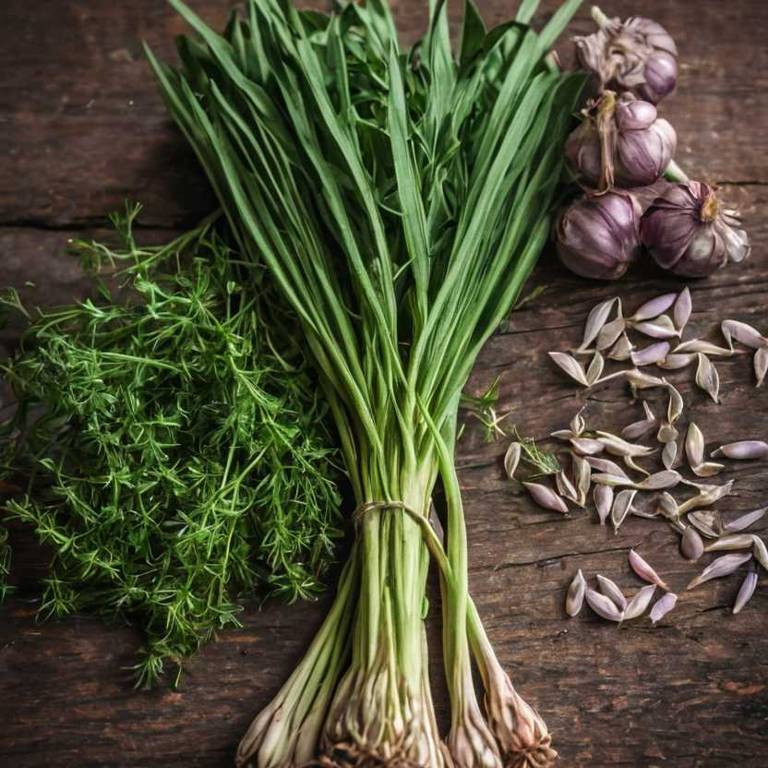
The best medicinal preparations of Allium sativum are teas, tinctures, decoctions, capsules, and oils, each offering unique benefits for health.
Garlic tea is commonly used to support immune function and digestion, while tinctures provide a concentrated form for quick absorption.
Decoctions involve boiling garlic to extract its active compounds, enhancing its therapeutic properties.
Capsules offer a convenient and standardized way to consume garlic regularly.
Oils, such as garlic oil, are often used topically for skin conditions or to enhance the flavor of food.
Below there's a list of the 10 best herbal preparations of allium sativum for medicinal purposes.
- 1. Teas
- 2. Tinctures
- 3. Decoctions
- 4. Capsules
- 5. Oils
- 6. Creams
- 7. Syrups
- 8. Lozenges
- 9. Oinments
- 10. Liniments
1. Teas
Allium sativum teas is commonly used to support digestive health, reduce inflammation, and boost the immune system.
These teas are often employed to treat ailments such as indigestion, bloating, colds, and respiratory infections. The bioactive constituents responsible for these medicinal properties include allicin, sulfur compounds, flavonoids, and various vitamins and minerals. Allicin, in particular, is known for its antimicrobial and antioxidant effects.
Additionally, the anti-inflammatory and cardiovascular benefits of Allium sativum teas contribute to their widespread use in traditional and modern herbal medicine.
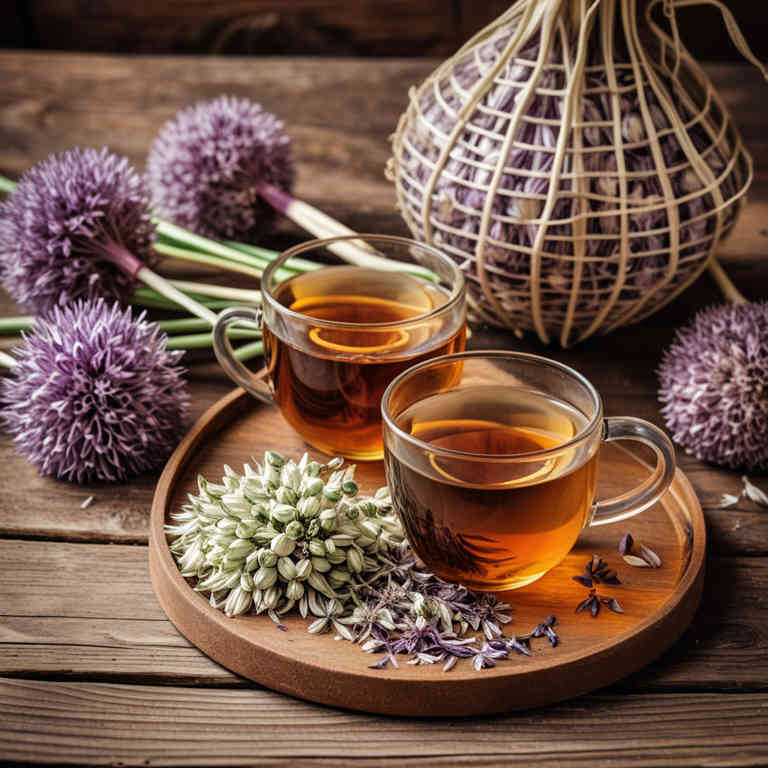
2. Tinctures
Allium sativum tinctures is commonly used to support cardiovascular health, reduce inflammation, and enhance immune function.
These preparations are often employed to treat ailments such as high blood pressure, digestive disorders, and respiratory infections. The bioactive constituents responsible for these effects include allicin, sulfur compounds, flavonoids, and essential oils. Allicin, in particular, is known for its antimicrobial and anti-inflammatory properties.
Tinctures provide a concentrated form of these beneficial compounds, making them a popular choice in herbal medicine.
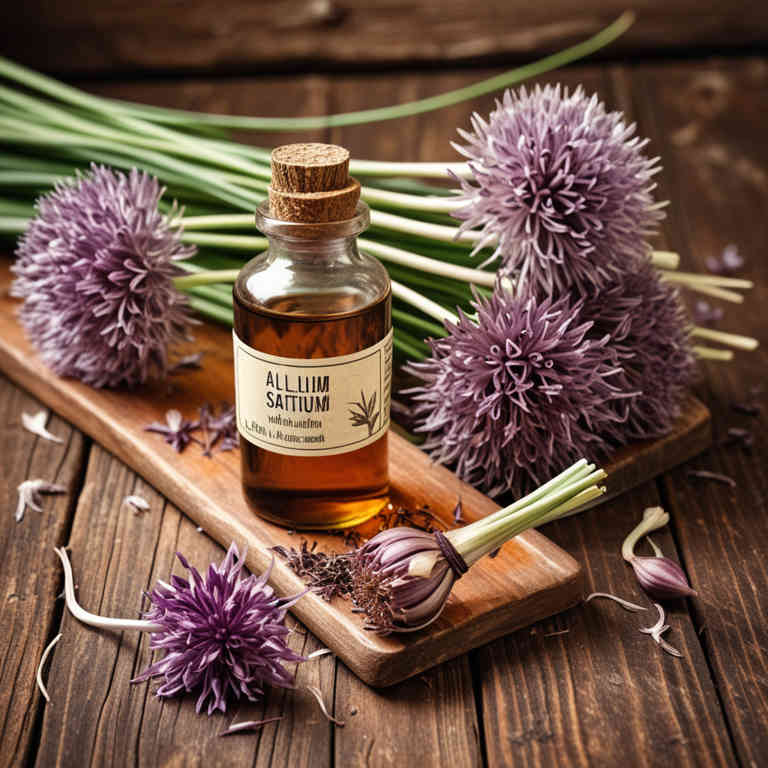
3. Decoctions
Allium sativum decoctions is commonly used to treat a variety of health conditions, including respiratory infections, digestive issues, and cardiovascular problems.
These decoctions are often prepared by boiling garlic cloves in water to extract their active compounds. The most common medicinal uses include alleviating symptoms of colds, coughs, and bronchitis, as well as supporting heart health and lowering cholesterol levels. Bioactive constituents such as allicin, sulfur compounds, and flavonoids are responsible for the antimicrobial, anti-inflammatory, and antioxidant properties of garlic.
These compounds work together to enhance immune function and reduce the risk of chronic diseases.
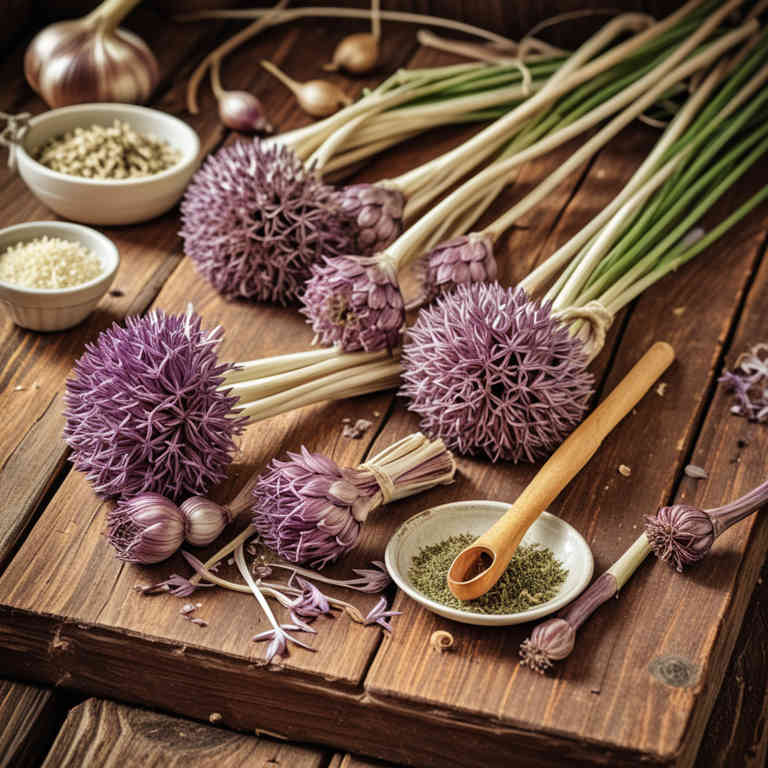
4. Capsules
Allium sativum capsules is commonly used to support cardiovascular health, reduce inflammation, and aid in digestive issues.
They are frequently employed to treat ailments such as high blood pressure, cholesterol levels, and gastrointestinal disorders. The most common medicinal uses include managing hypertension, improving circulation, and alleviating symptoms of colds and respiratory infections. The bioactive constituents responsible for these effects include allicin, sulfur compounds, flavonoids, and essential oils.
These compounds exhibit antioxidant, antimicrobial, and anti-inflammatory properties that contribute to the therapeutic benefits of garlic capsules.
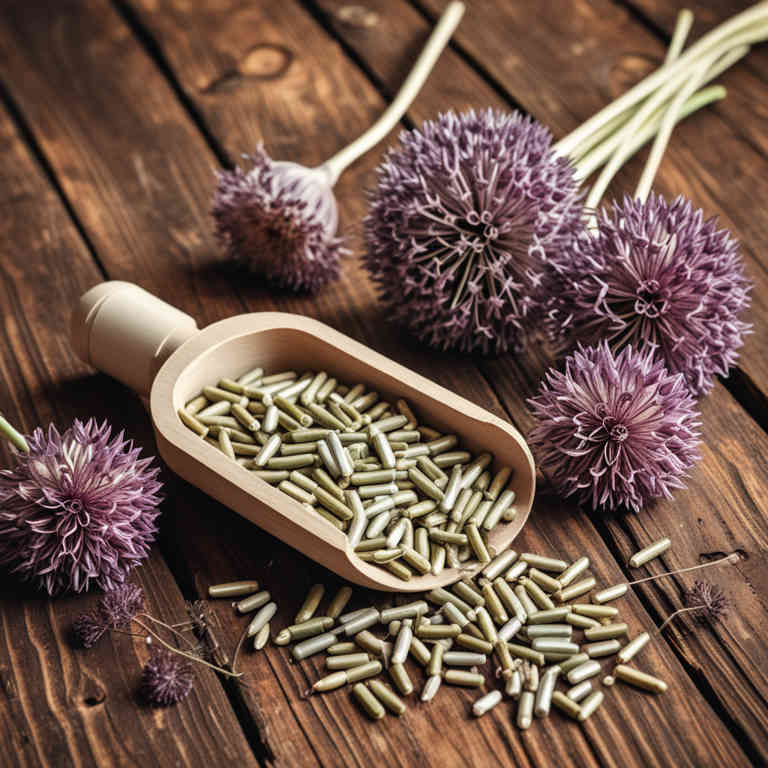
5. Oils
Allium sativum oils is commonly used to treat a variety of health conditions, including respiratory infections, digestive issues, and skin disorders.
These oils are widely utilized for their antimicrobial, anti-inflammatory, and antioxidant properties. They are often applied topically for conditions like athlete's foot, eczema, and fungal infections, or ingested to support cardiovascular health and reduce cholesterol. The bioactive constituents responsible for these effects include allicin, diallyl sulfide, and other sulfur-containing compounds that exhibit potent therapeutic actions.
Additionally, these oils may help in reducing blood pressure and improving immune function.

6. Creams
Allium sativum creams is commonly used to treat various skin conditions and inflammatory disorders.
These creams are often applied topically to alleviate symptoms of eczema, psoriasis, and fungal infections due to their antimicrobial and anti-inflammatory properties. The most common medicinal uses include reducing skin inflammation, combating fungal infections, and promoting wound healing. The bioactive constituents responsible for these effects include allicin, sulfur compounds, flavonoids, and essential oils, which exhibit antimicrobial, antioxidant, and anti-inflammatory activities.
These compounds work synergistically to provide the therapeutic benefits associated with garlic-based topical preparations.
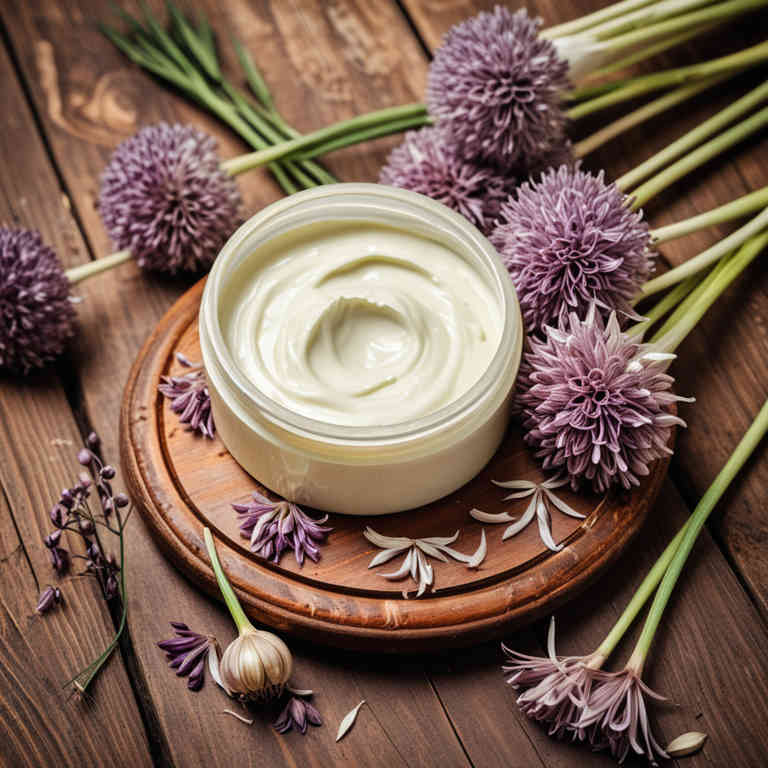
7. Syrups
Allium sativum syrups is commonly used to support respiratory health, alleviate digestive issues, and boost the immune system.
These syrups are often employed to treat ailments such as coughs, colds, bronchitis, and gastrointestinal discomfort. The bioactive constituents responsible for these medicinal properties include allicin, sulfur compounds, flavonoids, and essential oils, which possess antimicrobial, anti-inflammatory, and antioxidant effects. Additionally, these syrups may help in reducing cholesterol levels and improving circulation.
Their versatility and natural origin make them a popular choice in traditional and complementary medicine.
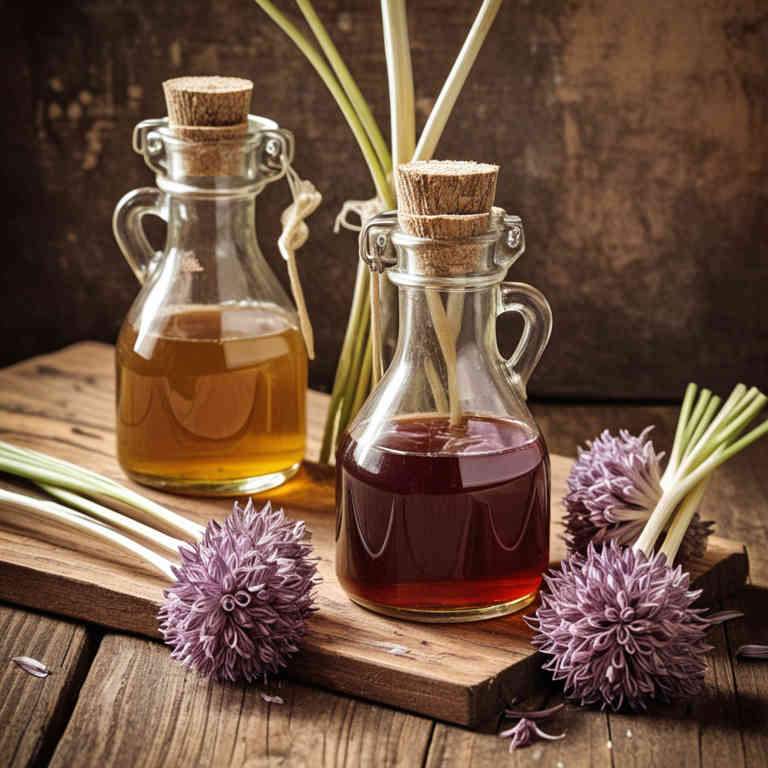
8. Lozenges
Allium sativum lozenges is commonly used to alleviate symptoms of respiratory infections, sore throat, and cough.
These lozenges are often employed to treat conditions such as the common cold, bronchitis, and other inflammatory throat disorders. The bioactive constituents responsible for their medicinal properties include allicin, sulfur compounds, flavonoids, and various vitamins and minerals. These compounds possess antimicrobial, anti-inflammatory, and antioxidant effects.
They help reduce inflammation, combat pathogens, and support immune function.
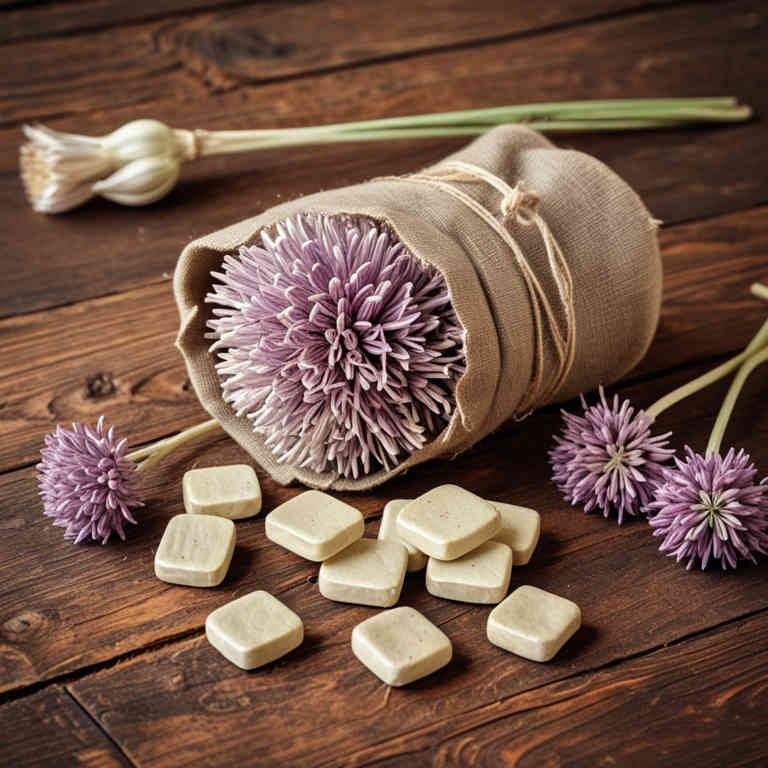
9. Oinments
Allium sativum oinments is commonly used to treat various skin conditions, reduce inflammation, and alleviate symptoms of respiratory and digestive disorders.
These oinments are widely applied for their antimicrobial, anti-inflammatory, and analgesic properties. They are often used to address ailments such as acne, eczema, arthritis, and gastrointestinal discomfort. The bioactive constituents responsible for these effects include allicin, sulfur compounds, flavonoids, and organosulfur compounds.
These components contribute to the ointment's ability to fight infections, reduce oxidative stress, and modulate immune responses.

10. Liniments
Allium sativum liniments is commonly used to treat inflammatory conditions, muscle pain, and skin disorders.
These liniments are often applied topically to alleviate symptoms of arthritis, rheumatism, and muscle strains. They are also used for their antimicrobial and anti-inflammatory properties to address wounds and infections. The bioactive constituents include allicin, sulfur compounds, and various flavonoids, which contribute to their therapeutic effects.
These compounds work synergistically to reduce inflammation, combat pathogens, and promote healing.
